
Bloated Stomach: 8 Common Reasons and How to Treat Them (Evidence-Based)
Bloated Stomach: 8 Common Reasons and How to Treat Them (Evidence-Based)
Abdominal bloating is an uncomfortable reality for many, a common complaint affecting people of all ages. While occasional bloating is normal, persistent symptoms can be disruptive. Symptoms range from a feeling of excessive fullness after meals to more severe issues like flatulence, burping, abdominal noises, a hard stomach, and visible swelling.

Why Does Bloating Happen?
Abdominal bloating primarily results from excess gas in the digestive tract. This occurs for two main reasons:
-
Digestive Process: Food breakdown naturally releases gas.
-
Swallowing Air: Certain habits can lead to ingesting air.
When these factors combine, the experience can be quite uncomfortable. For most, bloating is a temporary inconvenience that resolves itself. However, if you're experiencing regular bloating, simple lifestyle changes can often provide significant relief.
Common Reasons You're Bloated All The Time
If you find yourself frequently bloated, here are some common culprits:
-
Eating Too Much Or Too Quickly: Overeating is a leading cause of bloating. When you consume large quantities of food, the gas produced during digestion can get trapped in your gut. Eating too fast also means you're more likely to swallow air, further contributing to gas in your belly.
-
Solution: Serve smaller portions and take your time to eat. It takes about 20 minutes for your brain to register fullness, so eating slowly helps prevent overeating. Chewing food thoroughly also aids digestion.
-
-
Swallowing Air: Beyond eating too fast, other habits can introduce excess air into your abdomen:
-
Using a straw.
-
Drinking sodas or other fizzy drinks.
-
Chewing gum or sucking on hard candy.
-
Solution: Try cutting these habits out to see if your bloating improves.
-
-
Stress: Stress and anxiety trigger physiological changes, diverting blood away from your digestive system. This makes digestion less efficient, leading to bloating. Some people also gulp air when stressed.
-
Solution: Practice simple breathing or relaxation exercises, and consider natural remedies for stress or essential oils for anxiety.
-
-
Eating Gassy Foods: Some foods are more prone to causing bloating and excess gas. Fatty meals are harder to digest, keeping your stomach full longer. Common culprits include beans and cruciferous vegetables (like broccoli, cauliflower, cabbage), as well as high-fiber whole grains. While these foods are incredibly healthy, you might need to consume them in moderation if they cause bloating.
-
Solution: Identify your personal trigger foods and moderate their intake.
-
-
Not Drinking Enough Water: Insufficient fluid intake can lead to dehydration, which impairs your digestive system's efficiency. Dehydration prevents proper motility within the digestive system, leading to bloating and constipation.
-
Solution: Drink enough water throughout the day, especially when consuming high-fiber foods.
-
-
Using Sweeteners: Many artificial sweeteners and high fructose corn syrup (HFCS) can cause bloating. Fructose, in particular, is not easily absorbed by many people. When unabsorbed fructose reaches the colon, bacteria ferment it, releasing hydrogen and methane gases that cause pain, bloating, flatulence, and diarrhea.
-
Solution: Opt for natural sugar substitutes or reduce your overall intake of sweetened products.
-
-
Dairy Consumption (Lactose Intolerance): Many people have undiagnosed lactose intolerance, meaning their bodies struggle to digest lactose, the sugar in milk and dairy. This can lead to symptoms like abdominal pain, diarrhea, bloating, and flatulence.
-
Solution: If dairy seems to be a trigger, try switching to lactose-free or plant-based milk alternatives.
-
-
Medications: Various non-prescription and prescription medicines, as well as supplements, can cause gas pain and bloating. Examples include aspirin, antacids, certain diarrhea medicines, narcotic pain relievers, fiber supplements, multivitamins, and iron pills.
-
Solution: If bloating worsens after starting a new medication or supplement, consult your doctor. Do not stop prescribed medication without medical advice.
-

Natural Remedies for Bloating Relief
Once you understand the common causes, managing bloating becomes much easier. Here are some natural remedies to find relief:
-
Herbal Teas: Teas like peppermint, chamomile, or ginger can help soothe the digestive system, reduce gas, and alleviate stress.
-
Foods to Prevent Bloating: Incorporate foods known for their anti-bloating properties, such as ginger, papaya, and pineapple. Many other foods can also be helpful.
-
Abdominal Massage: This ancient technique can help move stool along the colon and relieve tightness, pressure, cramping, and bloating. The University of Michigan recommends it for digestive relief.
When to Visit Your Doctor for Bloating
While bloating is rarely serious, if you cannot control it by following the suggestions above, or if it's accompanied by more concerning symptoms, you should schedule an appointment with a medical professional.
Seek medical attention if bloating is accompanied by:
-
Blood in the stools
-
Vomiting
-
Persistent diarrhea
-
Unexplained weight loss
-
Heartburn that progressively worsens
-
Any severe and prolonged abdominal pain
Before your appointment, consider keeping a food diary, noting everything you ate and the time of the meal and the timings of any bloating episodes. This can help you and your doctor pinpoint potential causes and guide further investigation.
What strategies have you found most effective in managing bloating?
News in the same category


Foamy Urine: Why You Have Bubbles in Your Pee and When to Worry
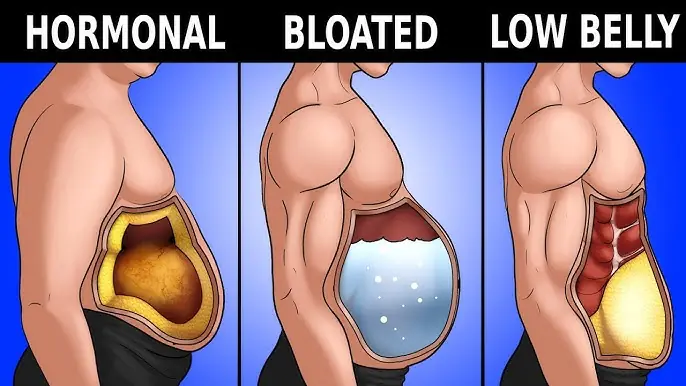
What Causes Belly Fat: Foods to Avoid and Other Key Factors

Notice These 4 Unusual Signs Before Sleep? Be Careful – They May Signal a Risk of Stroke

5-Year-Old Girl Diagnosed With Terminal Cancer: A Wake-Up Call for All Parents

Good News: Successful Trial of Method That Destroys 99% of Cancer Cells

Terrifying Study: Up to 30% of Americans Could Be Infected with Brain-Impacting Parasite

Itching in 9 Areas: A Warning Sign of Malignant Tumors, Number 7 Is the Most Common

Doctor's "Deeply Concerning" Warning After Man Injects Sperm to 'Cure Back Pain'
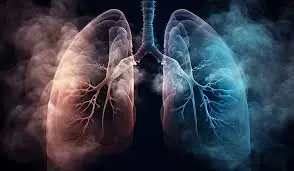
Non-Smoker Diagnosed with Lung Cancer Shares His Only 'Silent' Symptom
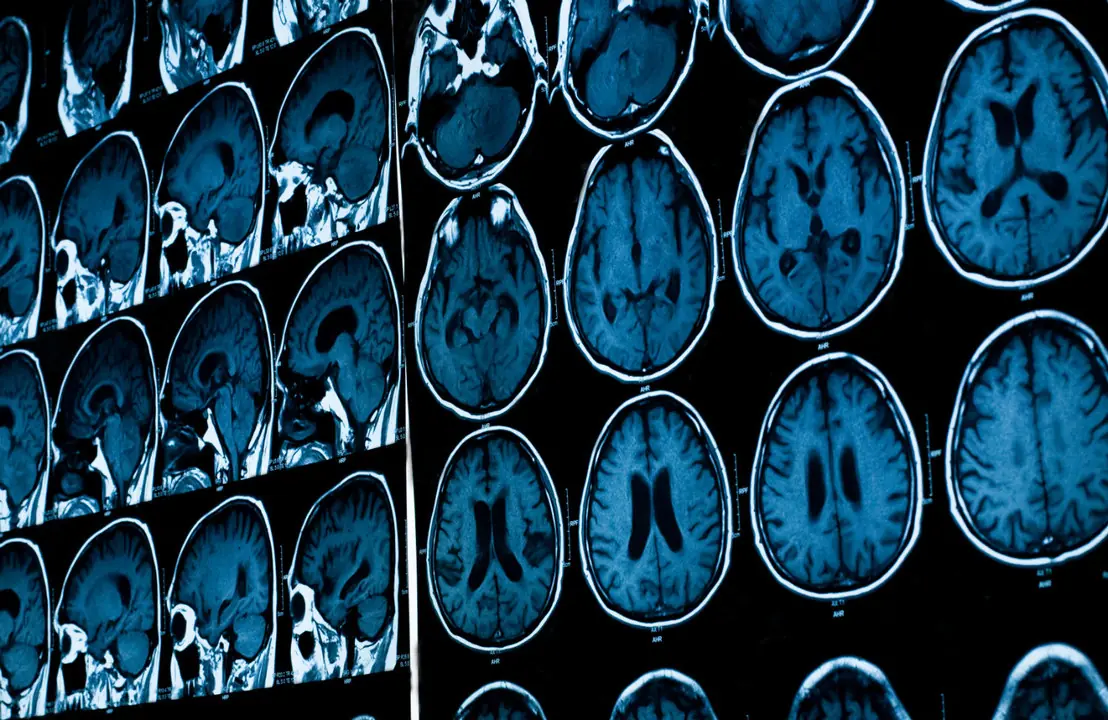
Alarming Discovery: High Aluminum Levels Found in Brains with Alzheimer's, Autism, and MS

First Human Trial Launched for Stem Cell Therapy to Reverse Spinal Cord Injuries

From Despair to Hope: Joe Tippens' Incredible Cancer Recovery Story with Fenbendazole

100-Year-Old Doctor Reveals: 7 Daily Habits to Help You Live a Healthy Life

Diagnosed with Terminal Cancer, Preparing for the End – A Man’s Miraculous Survival Thanks to 3 Major Life Changes
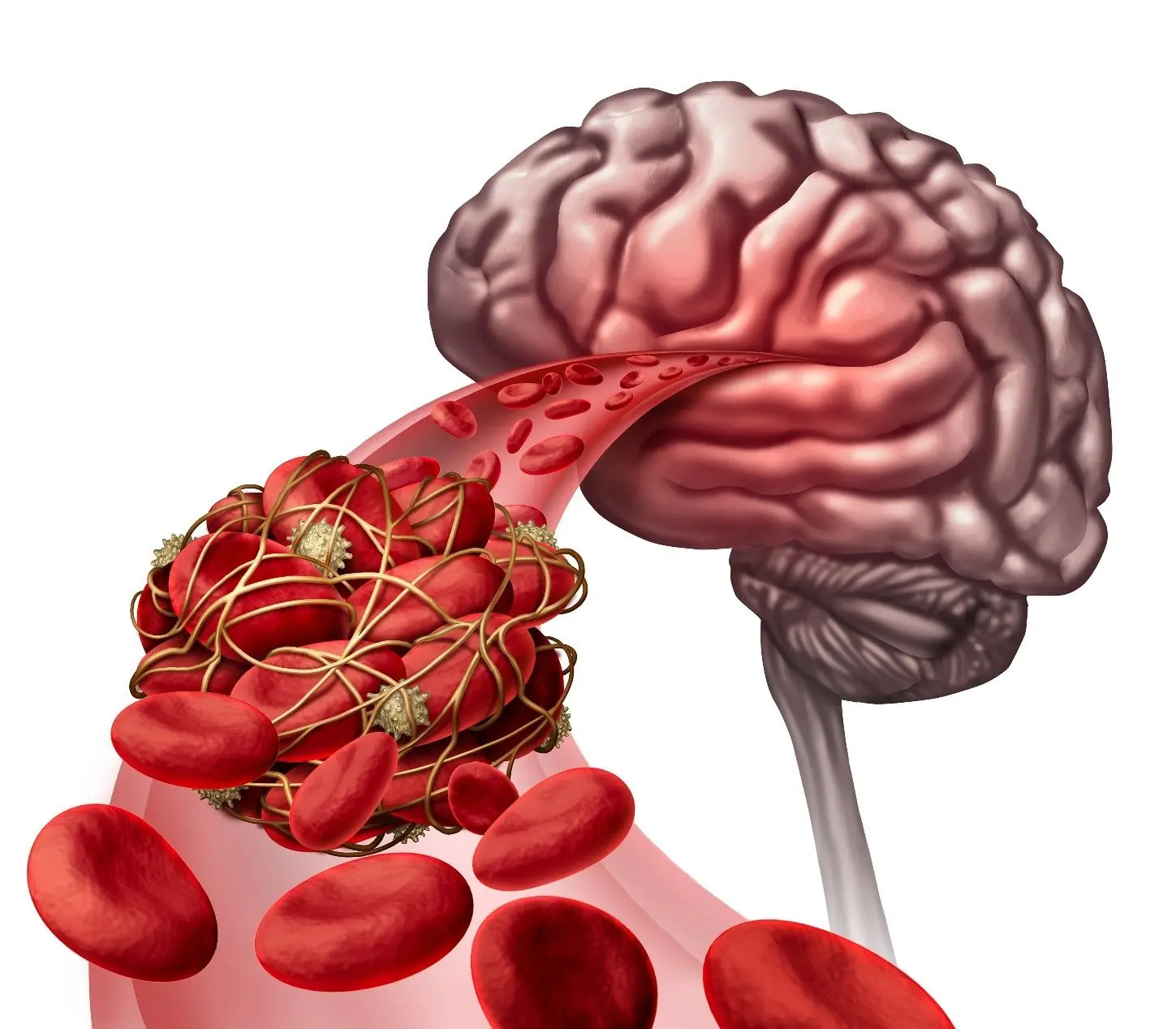
Warning signs of stroke 30 minutes before – remember them to save your life and your loved ones

Your Body's Silent Alarms: 9 Subtle Signals of a Heart Attack, Up to a Month Before It Strikes

31 Foods Experts Say You Should Avoid (Or Severely Limit)
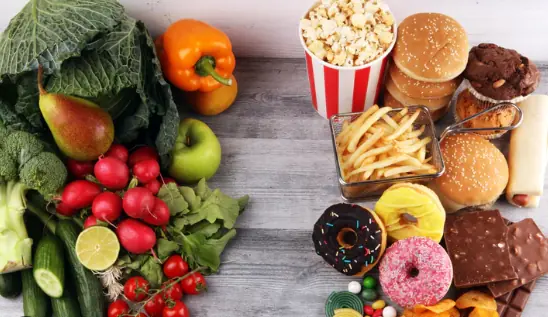
Heart Surgeon Warns: 4 Foods and Drinks You Should "Always Avoid" to Protect Your Body
News Post

Banana Blossom: The Natural Medicine Everyone Overlooks

Scientists Warn: Most Infectious Covid Strain Yet Is Now Dominating

Say Goodbye to Anemia, Cleanse Fatty Liver, and Restore Vision in Just 7 Days With This Powerful Natural Remedy

Foamy Urine: Why You Have Bubbles in Your Pee and When to Worry

What Causes Belly Fat: Foods to Avoid and Other Key Factors

Notice These 4 Unusual Signs Before Sleep? Be Careful – They May Signal a Risk of Stroke

5-Year-Old Girl Diagnosed With Terminal Cancer: A Wake-Up Call for All Parents

Good News: Successful Trial of Method That Destroys 99% of Cancer Cells

New interstellar comet 3I/ATLAS is hurtling through the solar system — and you can watch it live online today

HealthScientists Detect Microplastics In Reproductive Fluids—Potential Infertility Risk

Ancient Inscriptions Inside Great Pyramid Rewrite History Of Its Builders

Once ‘Dead’ Thrusters On The Farthest Spacecraft From Earth That’s 16 Billion Miles Away Are Working Again

OpenAI’s Top Al Model Ignores Explicit Shutdown Orders, Actively Rewrites Scripts to Keep Running

Google Earth Unveils Shocking 37-Year Transformation Of Our Planet

Marine Animal Shows Are Officially Banned in Mexico After Historic Legislative Vote

Denmark Pays Students $1,000 Monthly to Attend University, With No Tution Fees

Protect Your Home and Wallet: Unplug These 5 Appliances When You’re Done Using Them

Some People Still Think These Two Buttons Are Only For Flushing
